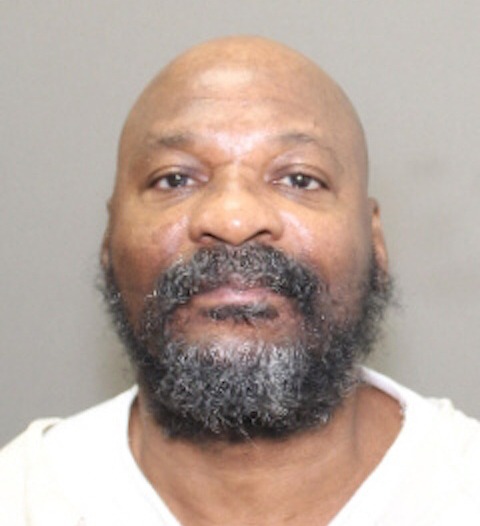Texas Prisoner Whose Case Changed the State’s Death Penalty Law Is Granted Parole
Attorneys argued for decades that Bobby Moore was intellectually disabled when he was sentenced to death in 1980. A U.S. Supreme Court ruling led to a change in his sentence last year and cleared the way for his release.

The Texas Board of Pardons and Paroles has granted parole to Bobby Moore, an intellectually disabled prisoner who became the catalyst for changes to the state’s death penalty law during his nearly four decades on death row.
The board voted to free Moore on Monday “after careful consideration of the totality of information,” a spokesperson told The Appeal in an email. He will be released after the Texas Department of Criminal Justice completes his processing and will be on parole for the rest of his life, the spokesperson said. News of Moore’s impending release was first reported by the Texas Tribune.
“We are overjoyed with the news that Bobby Moore will soon be released from Texas prison,” Cliff Sloan, one of Moore’s attorneys, wrote in an emailed statement.
Moore, 60, was at the center of a U.S. Supreme Court case that created new criteria for the way Texas determined intellectual disability in capital cases. For years, his attorneys argued that Moore, whose IQ is about 70, was intellectually disabled and his death sentence violated the 2002 Court ruling Atkins v. Virginia. That ruling said that executing people who are intellectually disabled is cruel and unusual punishment.
In 2017, the Supreme Court ruled in Moore’s favor, striking down the factors that Texas courts used to decide if a capital defendant is intellectually disabled. Justice Ruth Bader Ginsberg wrote they were “wholly nonclinical” and an unscientific “invention … untied to any acknowledged source.” These standards included observations from lay persons such as correctional officers on whether they thought Moore was intellectually disabled or how well he could lie.

The case was returned to Texas courts where the Court of Criminal Appeals, the state’s highest criminal court, ruled that Moore still did not meet the requirements for intellectual disability. It would take another ruling from the Supreme Court in 2019 before the Criminal Court of Appeals officially changed his sentence, taking Moore off death row and resentencing him to life in prison.
Moore was sentenced to die in 1980 for the shooting death of an elderly Houston store clerk, James McCarble. Because the only alternative punishment to death at the time was life with the possibility of parole, he immediately became parole eligible after being resentenced last year.
Harris County District Attorney Kim Ogg, who has been criticized for having a “mixed and perplexing” record on capital punishment, supported Moore’s resentencing, writing in a 2018 U.S. Supreme Court filing that she believes Moore is “intellectually disabled and cannot be executed.”
In March, a group of 23 bipartisan lawmakers sent a letter to the parole board urging it to release Moore, noting that he had missed out on several chances for parole as he fought to get off death row. One of those legislators, Representative Joe Moody, wrote on Twitter on Monday that the parole board’s decision was a “nice breath of hope during a very difficult national conversation.”
